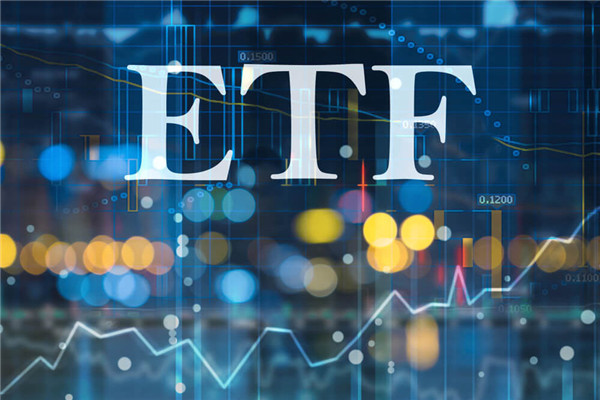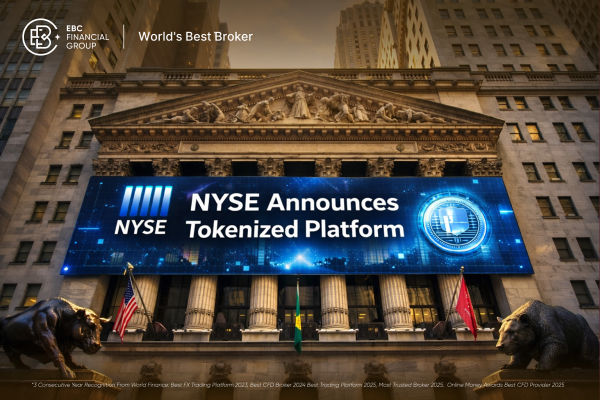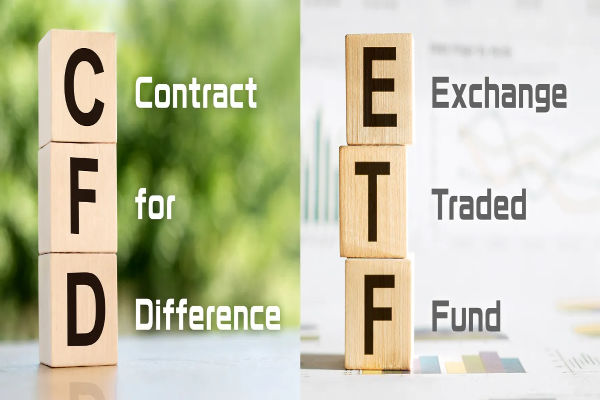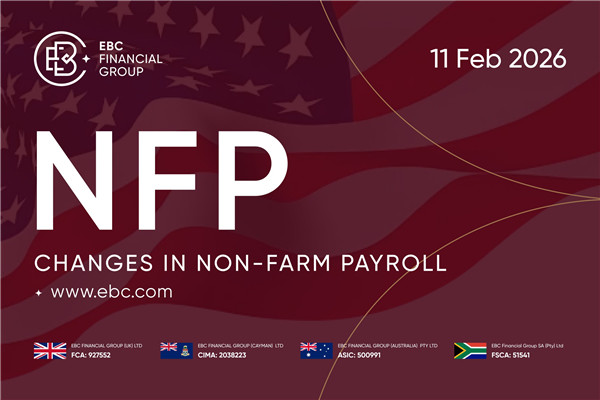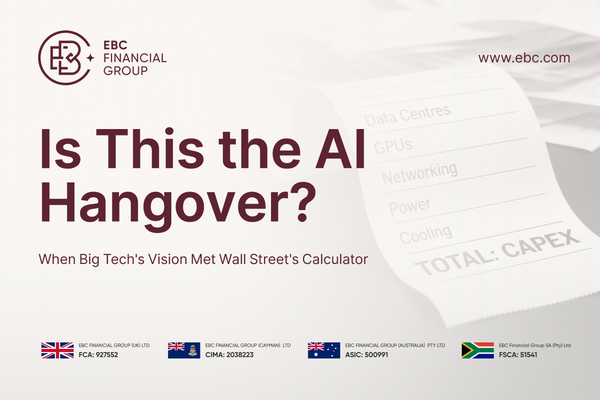Both mutual funds and exchange-traded funds (ETFs) are investment vehicles
used to pool investors' funds and invest them in a basket of different assets.
So what are the two key differences between regular funds and ETFs? For general
investors, the two biggest differences lie in rates and fund management.
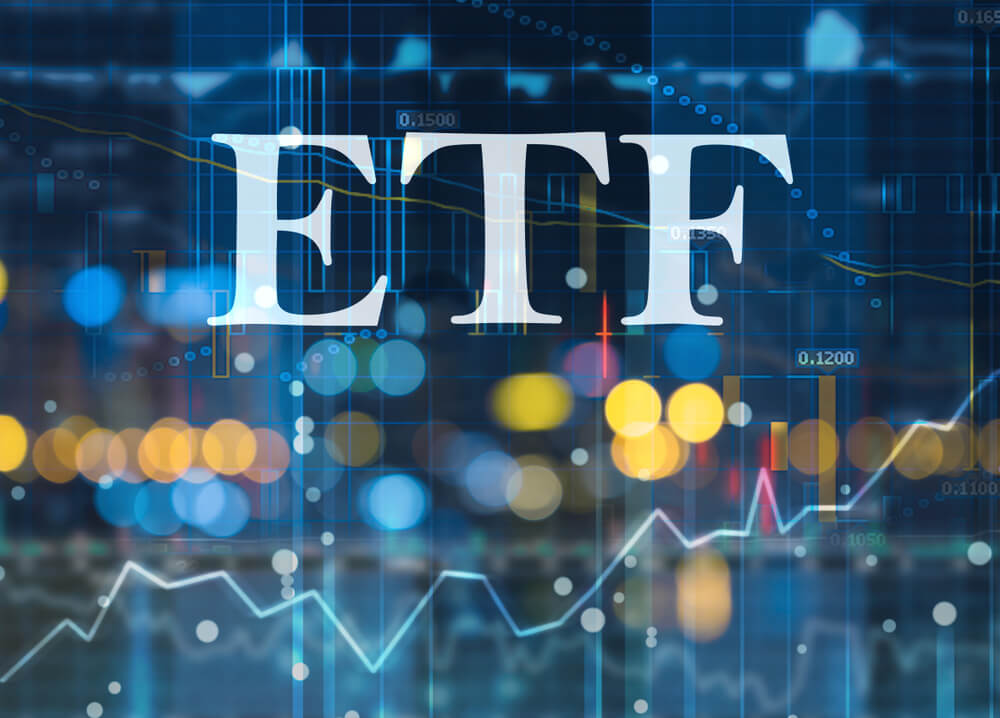
Rate is key.
The rate is one of the most significant differences between regular funds and
ETFs, so don't be fooled by thinking that buying a fund is just paying a small
handling fee. In fact, the various expenses may be far less than you
imagine.
The fees for general funds vary, including subscription fees, management
fees, custody fees, redemption fees, etc. The subscription fee is the fee that
investors need to pay when purchasing; the management fee is the fee charged by
the fund manager to manage the fund; the custody fee is the fee for storing the
fund assets in the custody bank; and the redemption fee is the fee that needs to
be paid when selling.
Management fees are usually measured on an annual basis,
usually around 1.5%, but may also be higher. The management fee also includes
various other expenses, such as the 12B1 fee. The custody fee is usually 0.25%
of the fund size. Taking these costs into account, the total cost may approach
2%. This is equivalent to paying approximately 2% of the fee annually,
regardless of the performance of the fund manager.
In addition to these annual expenses, there are also some transaction-related
expenses, such as transaction fees or stamp duty incurred during the purchase
and sale. Due to the desire of many funds for investors to hold for a long time,
frequent buying and selling may result in penalties for transaction fees, such
as the need to pay a transaction fee of 1.5% when buying and selling certain
funds in the short term. It is important to understand that regular funds are
suitable for long-term investments and not for frequent trading.
Unlike this, the cost of ETFs is usually much lower. The management fee for
ETFs is generally between 1% and 0.6%, or even lower. For example, the
management fee for some large ETFs is only 0.03%. Similar to purchasing stocks,
the trading costs of ETFs are relatively low because they are listed on the
exchange. That is to say, the lower fees of ETFs make them a choice for many
investors.
fund management
In addition to fees, the two key differences between regular funds and ETFs
are also the way funds are managed. In general, fund managers are responsible
for selecting and managing investment portfolios. This means that the decisions
of fund managers directly affect the returns of investors. However, fund
managers are not free to choose stocks; they usually limit their investment
scope, and this information is usually clearly marked in the fund name.
On the contrary, ETFs are usually passively managed with the goal of tracking
a specific index. The operation of ETFs is relatively mechanical and does not
require proactive investment decisions; therefore, their management costs are
lower.
There has always been academic controversy about which is better, active
management or passive management. The efficient market hypothesis holds that if
the market is efficient, Stock Prices will fully reflect all information in the
market, and there will be no unreasonable pricing or arbitrage opportunities.
But the actual market is rarely completely effective, so there is an opportunity
to outperform the market through information gaps and professional
knowledge.
However, this conclusion does not apply to all markets, as in mature markets
such as the US stock market, there is less opportunity for active management. On
the contrary, in emerging markets or markets with incomplete information
transparency, proactive management may perform better.
Active management and passive management have their own advantages and
disadvantages. In mature markets, passive management is usually more attractive
because of its lower costs. But in some cases, choosing an excellent active fund
manager may create higher returns for you. Remember, finding a suitable active
fund may not be easy, and the cost may be high.
The main differences between regular funds and ETFs
|
Mutual Funds |
Exchange-Traded Funds (ETFs) |
| Fees |
Various fees, including front-end load, management fees, custodial fees, redemption fees, etc., total expenses may approach 2% |
Typically lower management fees, ranging from under 1% to as low as 0.03% |
| Trading Costs |
Possible transaction costs or stamp duty when buying and selling, frequent trading may result in higher costs |
Lower trading costs relative to mutual funds, similar to stocks as they are listed on exchanges |
| Fund Management Approach |
Actively managed by fund managers who select and manage the portfolio, with their decisions directly impacting returns |
Passively managed with the goal of tracking a specific index, requiring no active investment decisions |
| Market Applicability |
Suitable for mature markets like the U.S. stock market, limited opportunities for active management |
More attractive for active management in emerging markets or markets with less transparency |
The above is the relevant content of the two key differences between ordinary
funds and ETFs. Investors should choose the investment method that suits them
based on their own needs, risk tolerance, and market conditions. Regardless of
which fund to choose, it is necessary to have a thorough understanding of
investment products, make cautious decisions, and not covet high returns while
ignoring risks. Only by making decisions based on rationality can long-term
investment success be achieved.
Disclaimer: This material is for general information purposes only and is not intended as (and should not be considered to be) financial, investment or other advice on which reliance should be placed. No opinion given in the material constitutes a recommendation by EBC or the author that any particular investment, security, transaction or investment strategy is suitable for any specific person.
